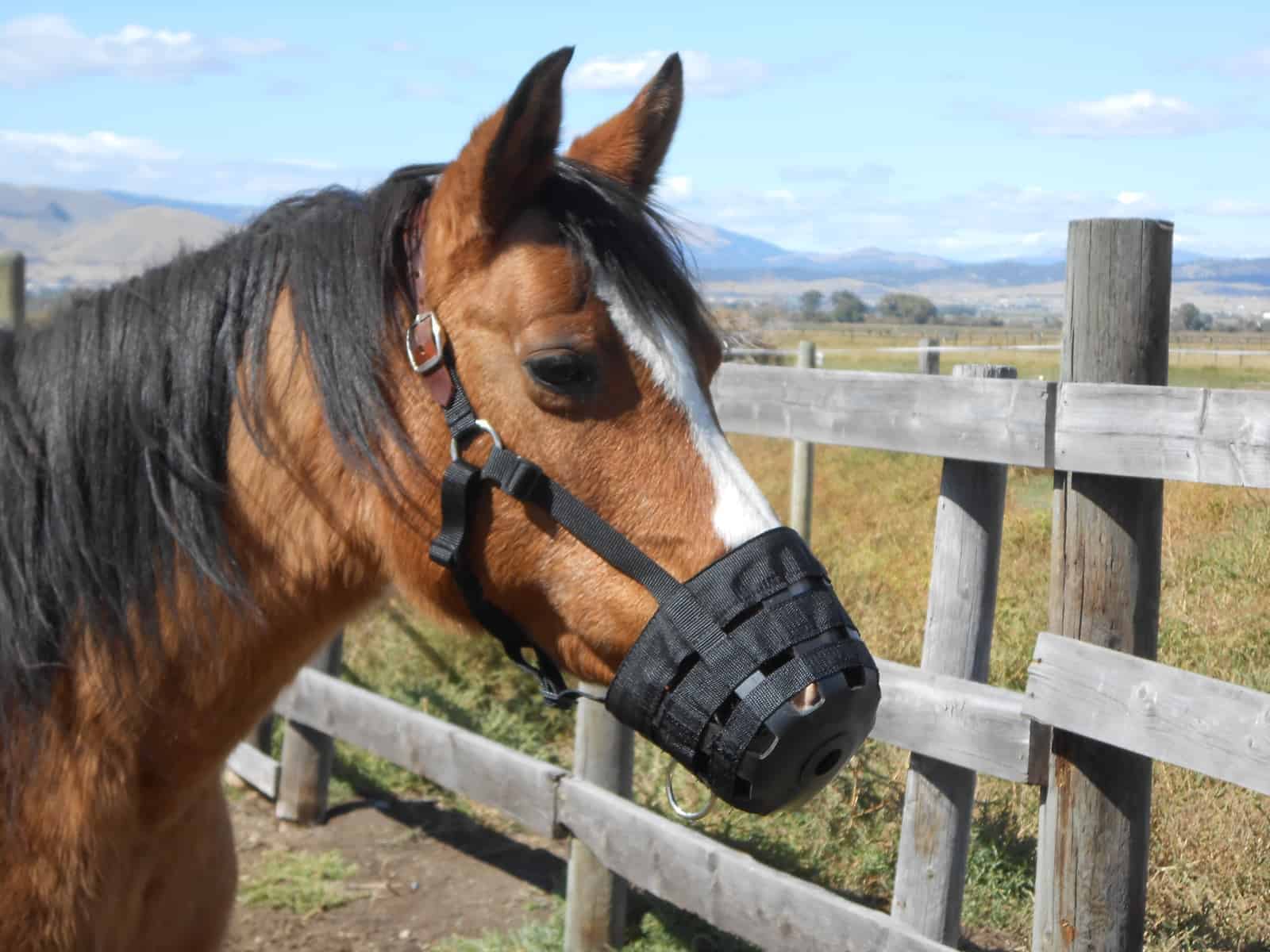Addressing the ‘Air Fern’ in Your Barn

To mitigate this risk, veterinarians and horse owners must understand the health problems at play and effective strategies for weight loss. Ingrid Vervuert, DMV, of the Institute of Animal Nutrition, Nutrition Diseases and Dietetics and the Faculty of Veterinary Medicine at the University of Leipzig, in Gemrany, described these approaches at the 2016 American Association of Equine Practitioners Convention, held Dec. 3-7 in Orlando, Florida.
Perception is Key
While horse owners might understand and recognize the problems with obesity, many don’t realize when their own horses are overweight. Obesity develops due to excessive energy intake, poor management and feeding practices, and lack of exercise, said Vervuert. Some horses and ponies are “easy keepers,” meaning they maintain weight with very little supplemental feed. Overfeeding easy keepers undoubtedly leads to weight gain.
Metabolic Consequences
Energy that horses and ponies do not burn off is stored as fat. Fat tissue acts as an endocrine gland capable of secreting inflammatory proteins (cytokines), hormones (leptin and adiponectin), and enzymes for lipid (fat) regulation
Create a free account with TheHorse.com to view this content.
TheHorse.com is home to thousands of free articles about horse health care. In order to access some of our exclusive free content, you must be signed into TheHorse.com.
Start your free account today!
Already have an account?
and continue reading.
Written by:
Nettie Liburt, MS, PhD, PAS
Related Articles
Stay on top of the most recent Horse Health news with












